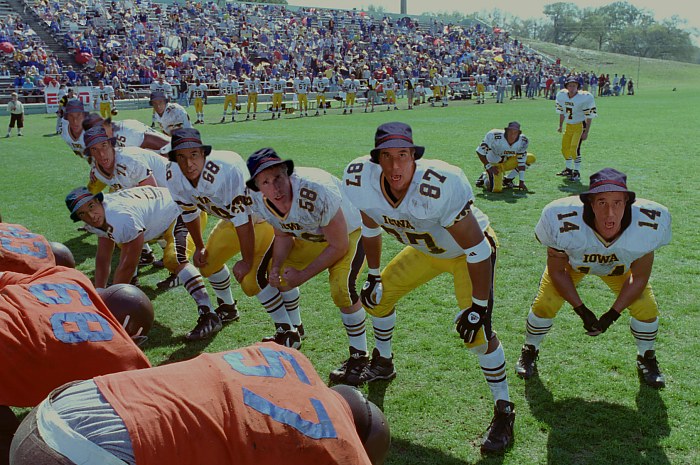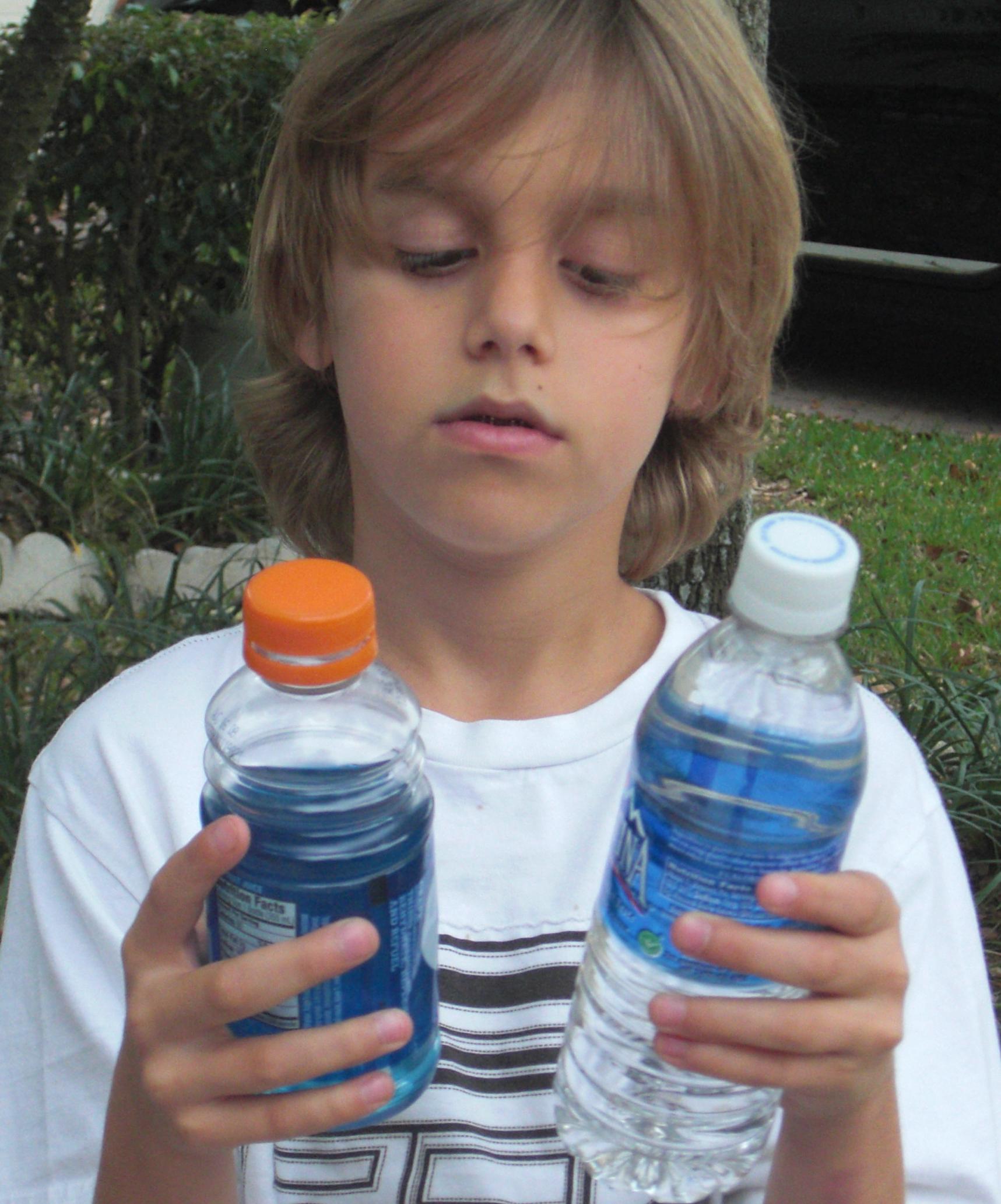
In the 1998 comedy "The Waterboy," Adam Sandler's character believes in folklike traditions derived from the Louisiana bayou. While fulfilling the simple duties of a water boy, Bobby Boucher discovers an unforeseen tackling ability that opens up a whole new world of opportunity and friendship. In one scene, in an attempt to refocus and challenge Boucher, the coach shouts across the field, "Water sucks, Gatorade is better" knowing that Boucher believes to a tee that H20 is the ultimate source of power and energy.
In an harmonious Queen- like melody that's gut-busting funny, the scene speaks to a much larger and serious question of whether or not sport drinks are actually better than pure, good old fashion water. After a long workout our instincts as well as taste buds push us towards the flavored sports drink, but should we listen?
Though the question has been asked several times before, the answer isn't as simple as we may think. Here's what we know about these thirst- quenching, refreshing drinks: the common ingredients for Gatorade, Powerade, and others are; carbohydrates, electrolytes, flavoring and water paired with generous amounts of sugar.

Now from carbohydrates we can gain a substantial amount of energy; however, they also provide calories that can pile up depending on the number of carbohydrates there is in the drink. Then there's electrolytes, a code word for salt. Electrolytes are lost in our sweat when we exercise and must be replaced. Brooke Schohl, Owner of Destination Kona and Sports Nutritionist, says "sweat losses are highly variable and are impacted by factors such as exercise duration, intensity, climate, and gender. When lost sodium is not replaced, a condition called hyponatremia can rear it's ugly head. Hyponatremia equals=low blood sodium levels resulting in a host of unpleasant side effects such as muscle cramps, nausea, vomiting, confusion, headache, and seizures." Therefore in terms of carbohydrates and electrolytes, sports drinks provide some benefits because one of their purposes is to replace what's lost during workouts-electrolytes included, quickly.
On the other hand, the amounts of excess related to the amount of calories, salt, and sugar can be considered unhealthy if you are less active. If you aren't doing intense workout in hot temperatures that are longer than 60 minutes, then the need for these types of drinks is almost non- existent because you aren't going to be doing enough physical activity to burn off the excess components of these drinks.
"Water is the best way to hydrate," says Schohl, though she does mention an healthier alternative if the taste of water doesn't do it for you. Gatorade is sold in powder and can be mixed with water. By making it this way, you are diluting the drink and it's sugars and making it less concentrated than it is in the bottle. You're also controlling and reducing serving size and portion i.e. one glass of Gatorade is probably better than a 16-ounce bottle.
In the end, water doesn't suck and yes, Gatorade may taste better but it really all depends on the physical activity that you're doing in order to answer the question of whether or not Gatorade or water should be your first and primary option. Despite popular messages, we do not need these drinks in order to be active or have the washboard six-pack we all wish we had. What we do need is more dedication, more support of one another's physical goals, and encouragement to get up and be active.